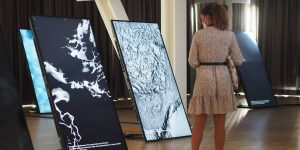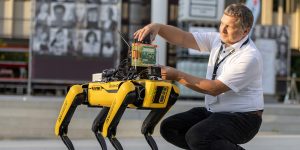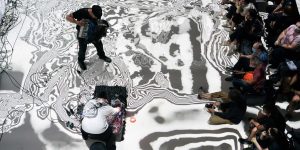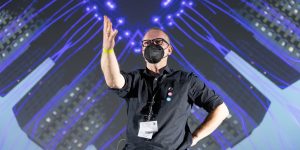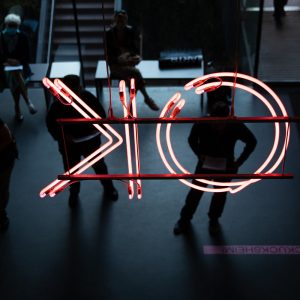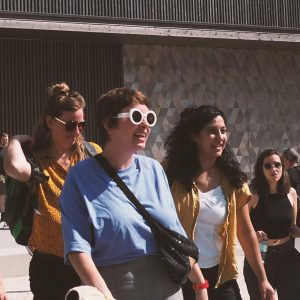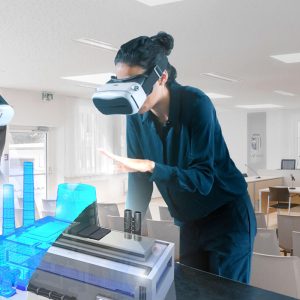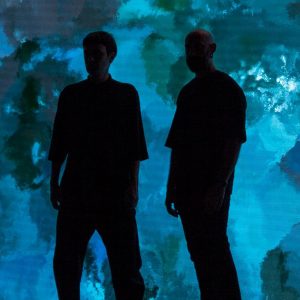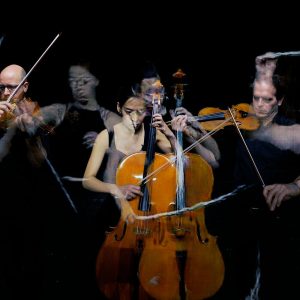Innovation has become a buzzword of our time. It is in demand everywhere and on all sides, is gladly promoted and even more gladly proclaimed. But by no means everything on which “innovation” is pinned today has (yet) earned this label. That’s precisely why Ars Electronica is declaring Day 2 of the festival “Innovation Day” and making a plea for a contemporary understanding of innovation. Projects and initiatives will be presented and discussed that no longer promise only economic value creation but, above all, added value for society.
Perfect examples of what innovation means in the 21st century are brought before the curtain by the European Commission’s STARTS Prize. A large-scale exhibition, a day-long conference and a lavish workshop program will showcase, for example, the groundbreaking ways in which art helps make scientific data tangible (Oceans in Transformation / Territorial Agency – John Palmesino and Ann-Sofi Rönnskog), how simple and ingenious circular economy can work in one’s own neighborhood (Remix el Barrio, Food Waste Biomaterial Makers / Anastasia Pistofidou, Marion Real and The Remixers at Fab Lab Barcelona, IaaC), how data can be stored in the DNA of plants, creating a functional and CO2-negative IT infrastructure (Data Garden / Grow Your Own Cloud) and that organic waste in general has revolutionary potential as a sustainable energy source (The Living Light / Nova Innova).
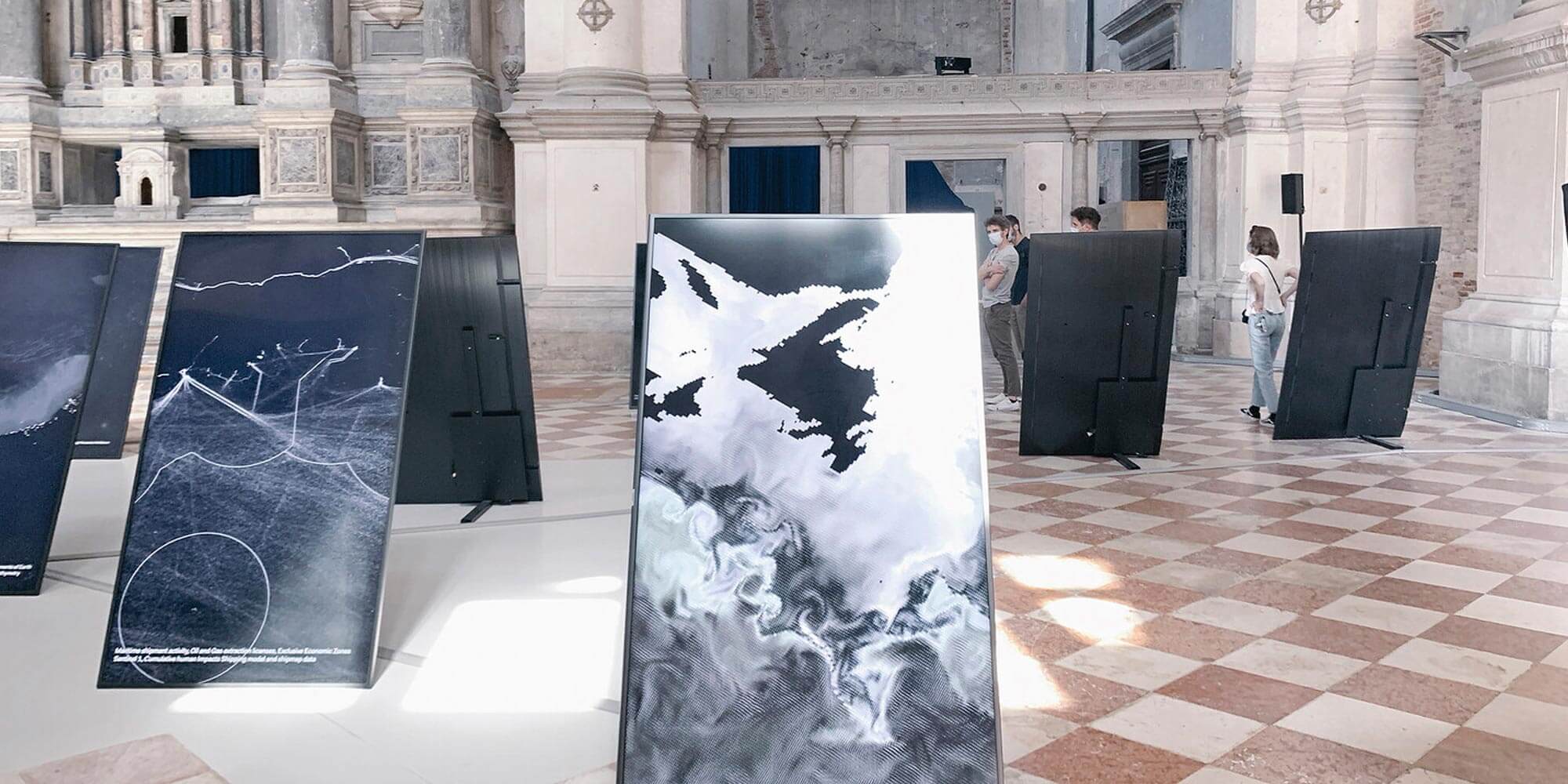
Territorial Agency: Oceans in Transformation, exhibition view at Ocean Space, Venice, 2020 or 2021. Territorial Agency: Oceans in Transformation is commissioned by TBA21−Academy and co-produced with Luma Foundation. Photo: Giulia Bruni
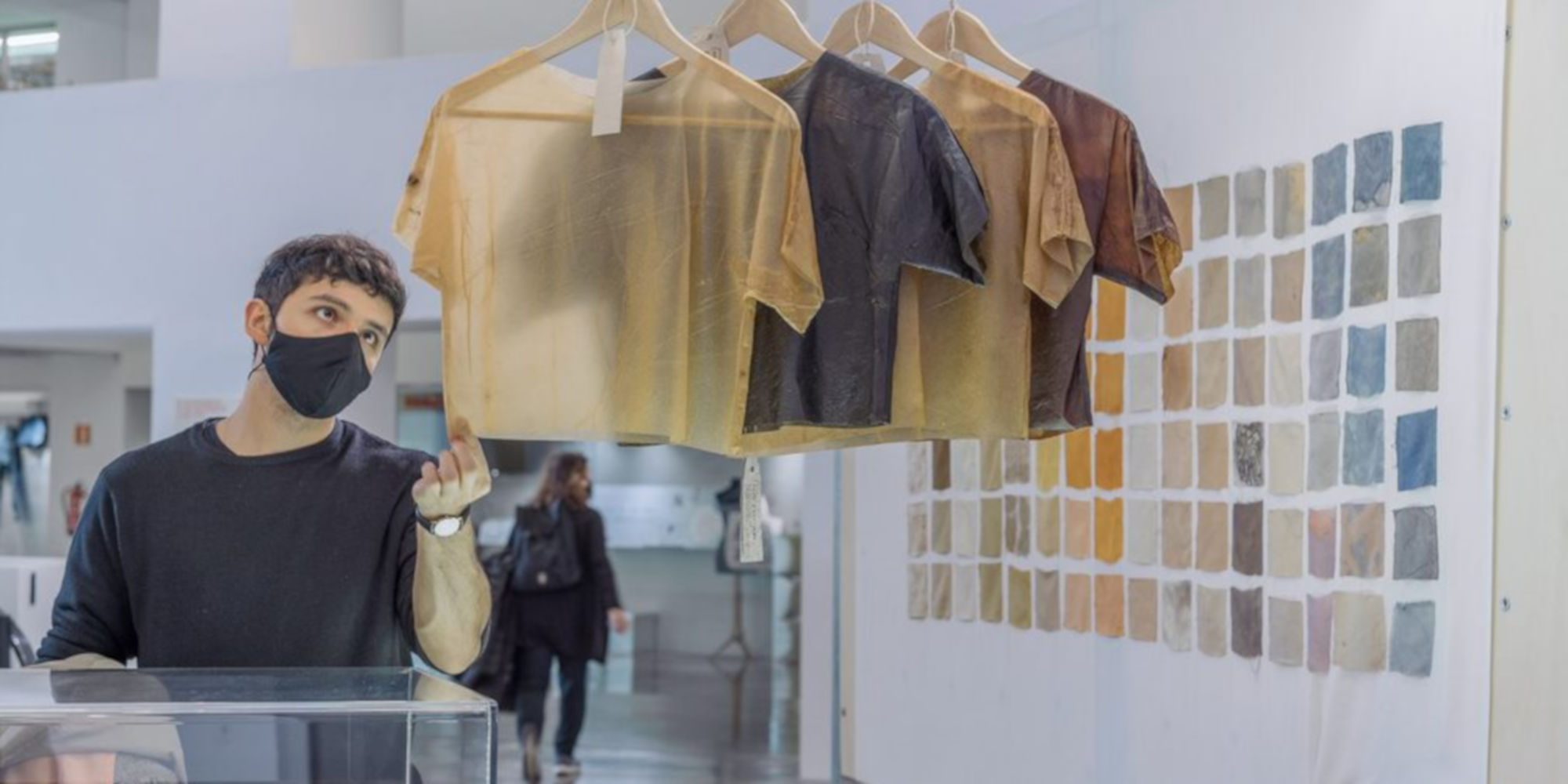
HYBRID TIMES – INTERDEPENDENCE, Remix, Food Waste Biomaterial Makers, Remix el barrio exhibition – Design Hub Barcelona, Credit: Dihue Miguens Ortiz
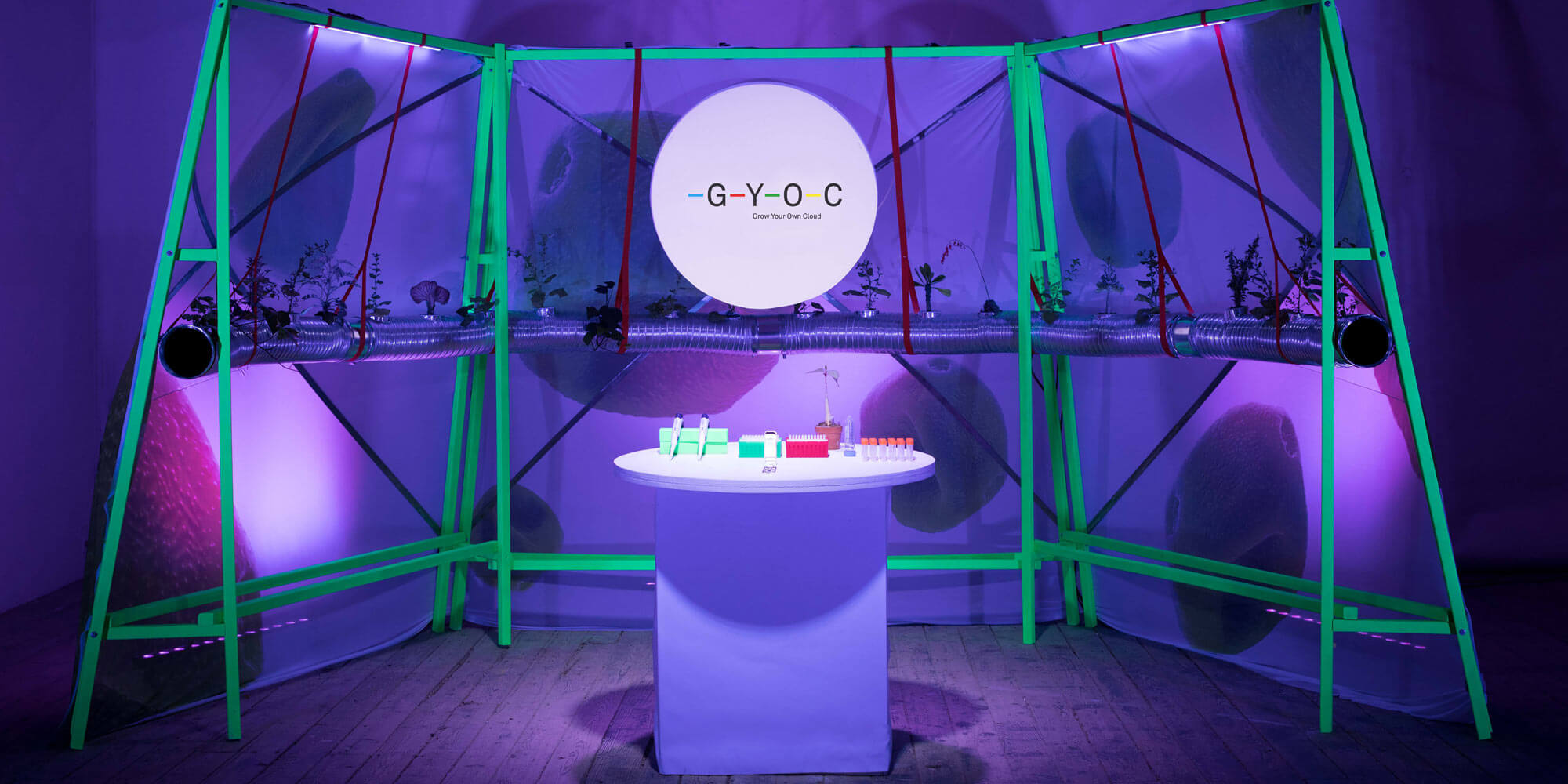
Data Garaden, Cyrus Clarke (UK), Monika Seyfried (PL), Jeff Nivala (US), Credits: Cyrus Clarke, Monika Seyfried, Jeff Nivala
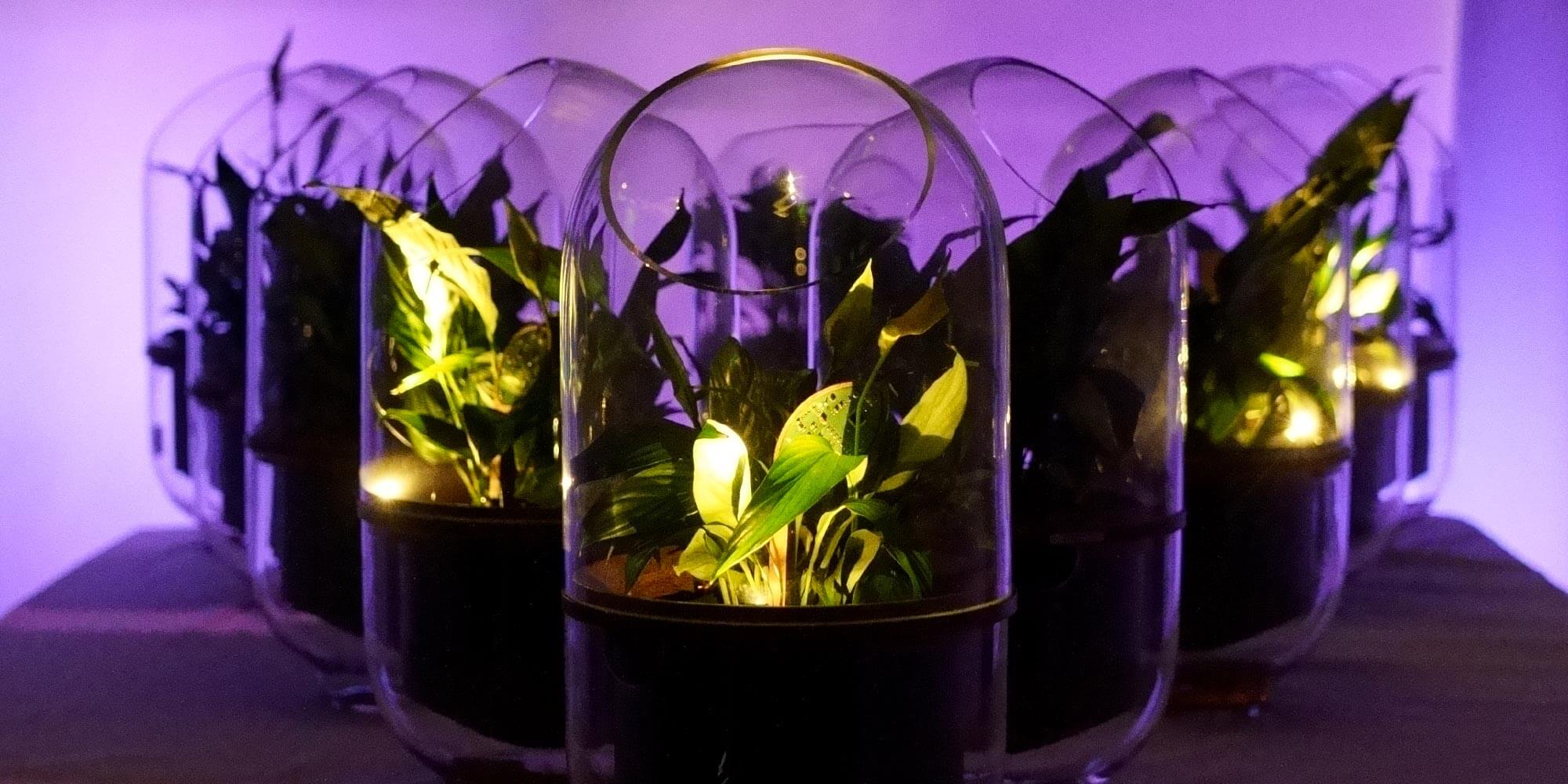
The Living Light, Nova Innova (NL), Credits: Nova Innova
The fact that one is not able to solve problems with the same way of thinking by which they have originated, Albert Einstein has not only simply put into the room, but has impressively proved. In other words, walking along familiar paths just a little faster and more elegantly does not ultimately lead to the goal. What is needed are detours into stony, impassable terrain that open up unexpected views and thus insights. This is exactly what the
Johannes Kepler University and the
University of Applied Arts Vienna have been looking for since 2019 as part of their alliance “
Innovation through Universitas“.
Technological and scientific achievements are virtually absorbed by art and become the source material for its aesthetic expression. By providing unusual perspectives, new insights and impulses for unexpected discoveries, the convergence between art and science thus becomes a source of creativity and innovation. How to imagine this is demonstrated by the Linz Institute of Technology with seven interactive and/or immersive installations dedicated to the importance of multiphase flows for water treatment, exhaust gas purification or vaccine production (“Do You Feel Stressed“) or the constitutional implications of virtualizing court proceedings (“The Virtual Court. Reality.“), living chromogenic bacterial cultures and their potential for environmentally friendly methods of dyeing textiles (“Growing colors: Patterning with living pigments“) or, away from the hype surrounding AI, the possibilities and limits of machine learning (“AI Forest“, “Serum 13 – A VR Trust Game“, “Faces of AI“).
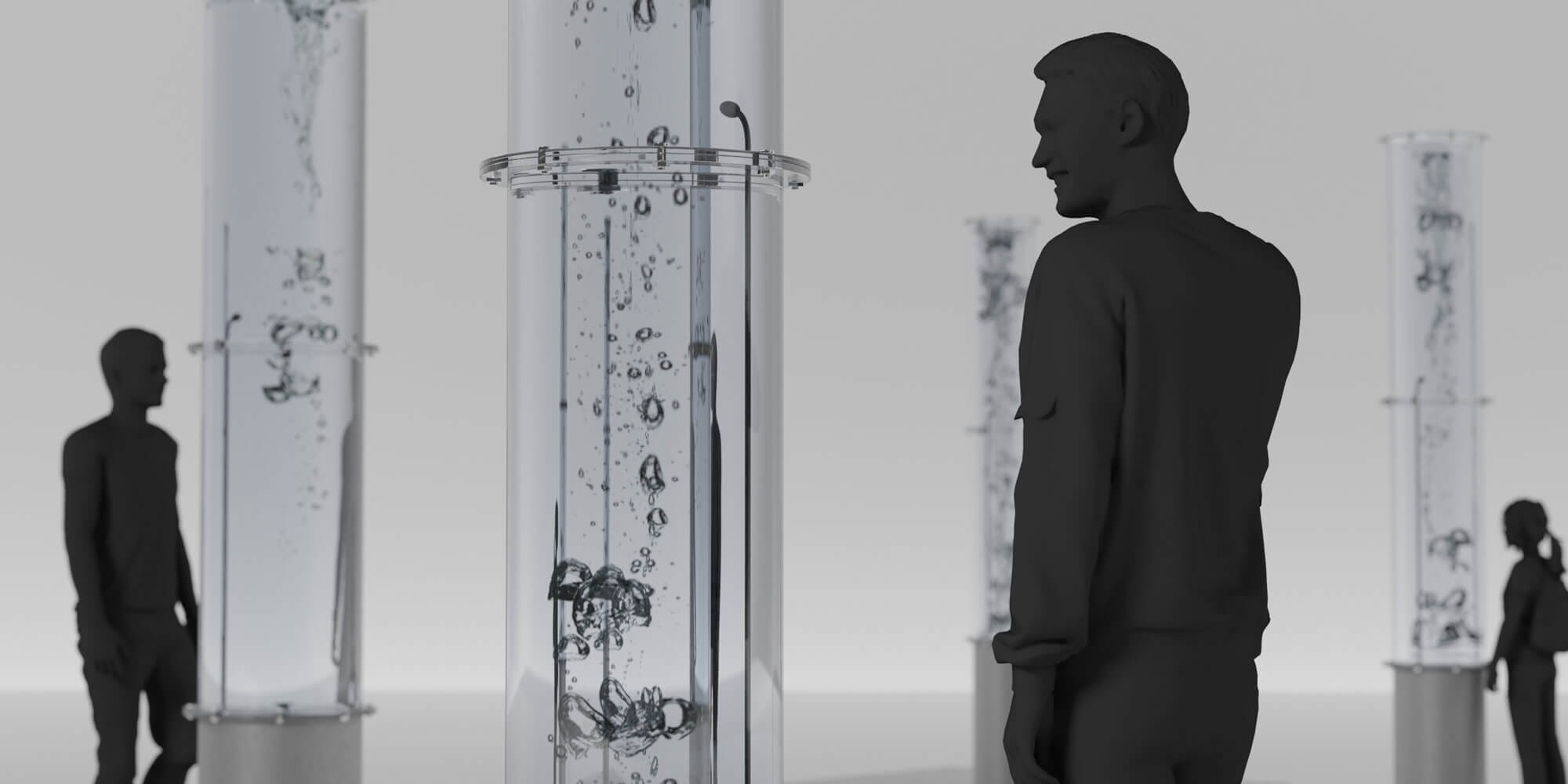
Do You Feel Stressed, Mark Hlawitschka (DE/AT), Moritz Simon Geist (DE), Credits: Benno Brucksch B.A. Industrial Design

The Virtual Court. Reality., Law Lab (AT), Credit: LIT Law Lab
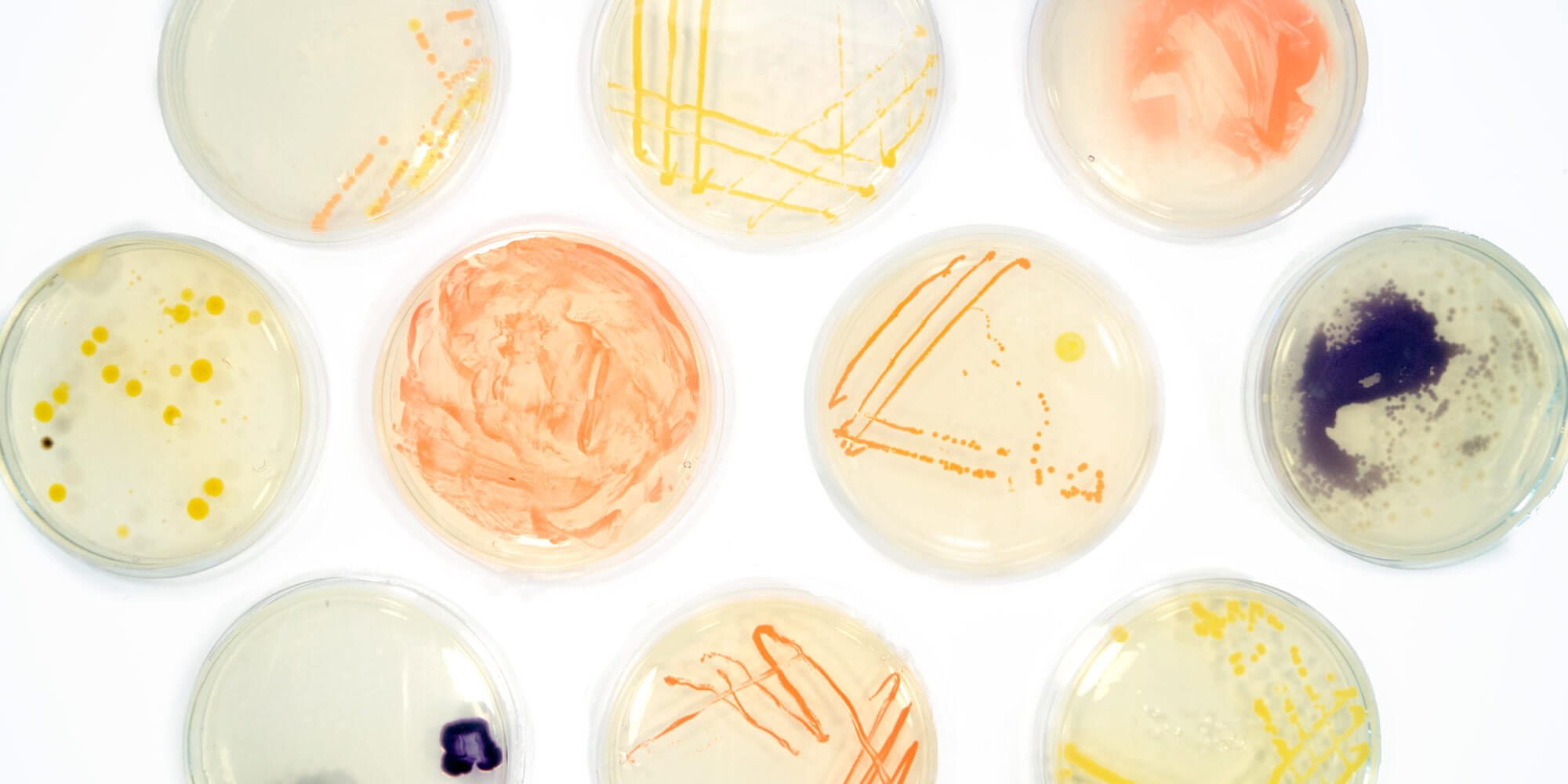
Growing Colors, Sabine Hild (AT) Institute of Polymer Science JKU; Juia Moser (AT) Fashion & Technology University for art and industrial Design Linz; Patrik Radić (AT), Molecular Biology TU Graz; Laura Holzinger (AT), Chemistry and Chemical Technology JKU , Credit: Julia Moser
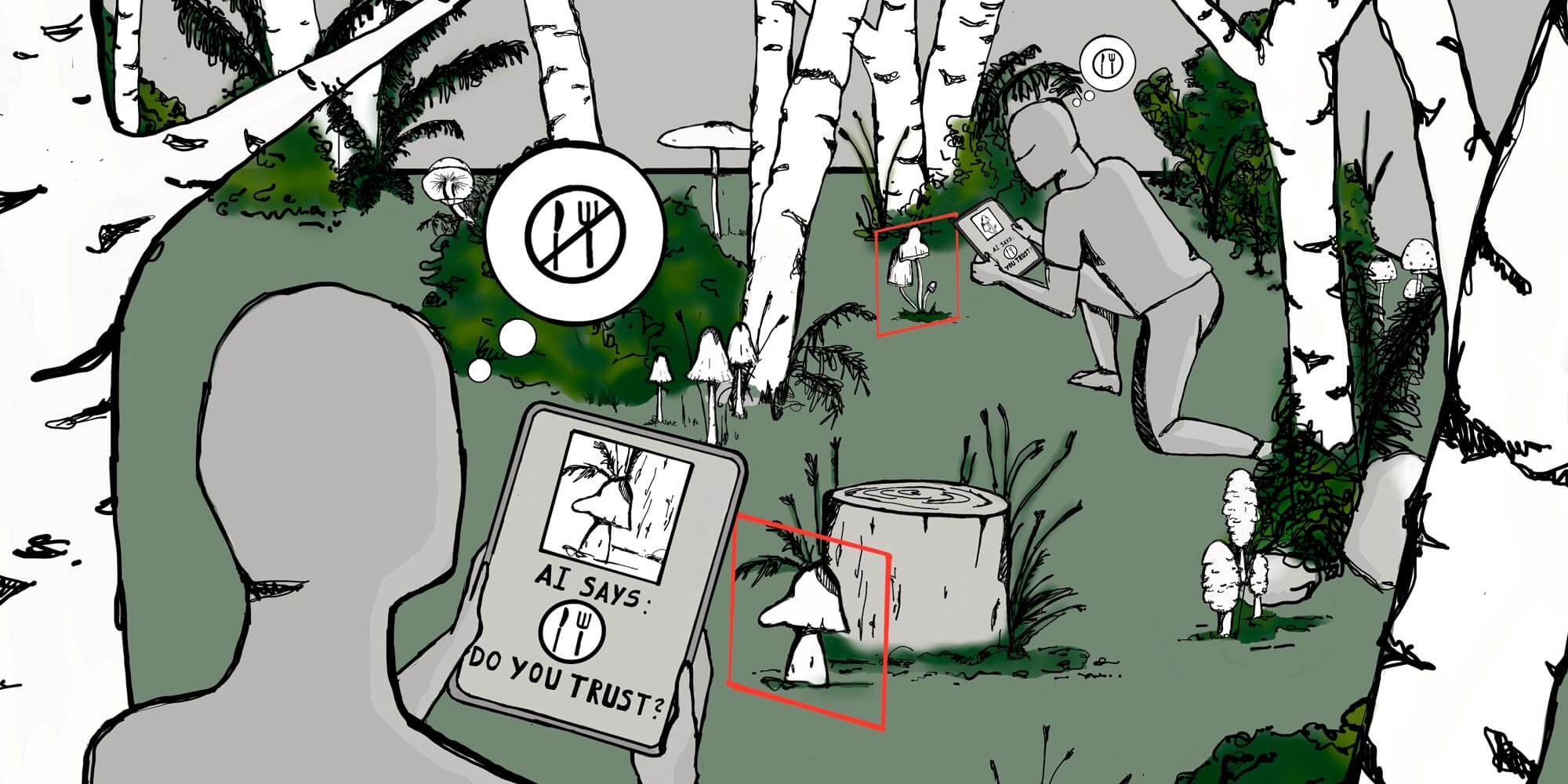
DEMYSTIFY AI!, LIT Robopsychology Lab JKU Linz (AT), Credit: Lisa Caligagan
A remarkable 25 years after its founding, the
Ars Electronica Futurelab clearly has a visionary say in innovation. The team of artists, developers, designers and scientists, which has been working across disciplines since 1996, provides insight into its prototypical exploration of the future. For an entire “
Futurelab Day“, lectures, workshops, demos, inspirational tours and performances are on the program, which above all make one thing clear: the decisive role that artists play in an innovation dynamic that does not focus on the next quarterly balance sheet, but rather has social sustainability in mind.
Also part of the Futurelab Day are the “Night Performances“. The program is again without a doubt of the very best. Top pianist Maki Namekawa is responsible for the music, Cori O’Lan for the immersive real-time visuals, and their stage is Deep Space 8K. The program includes pieces by György Ligeti, Chick Corea and, for the first time, Polish composer Hania Rani. We wish … no, we guarantee an evening to remember!
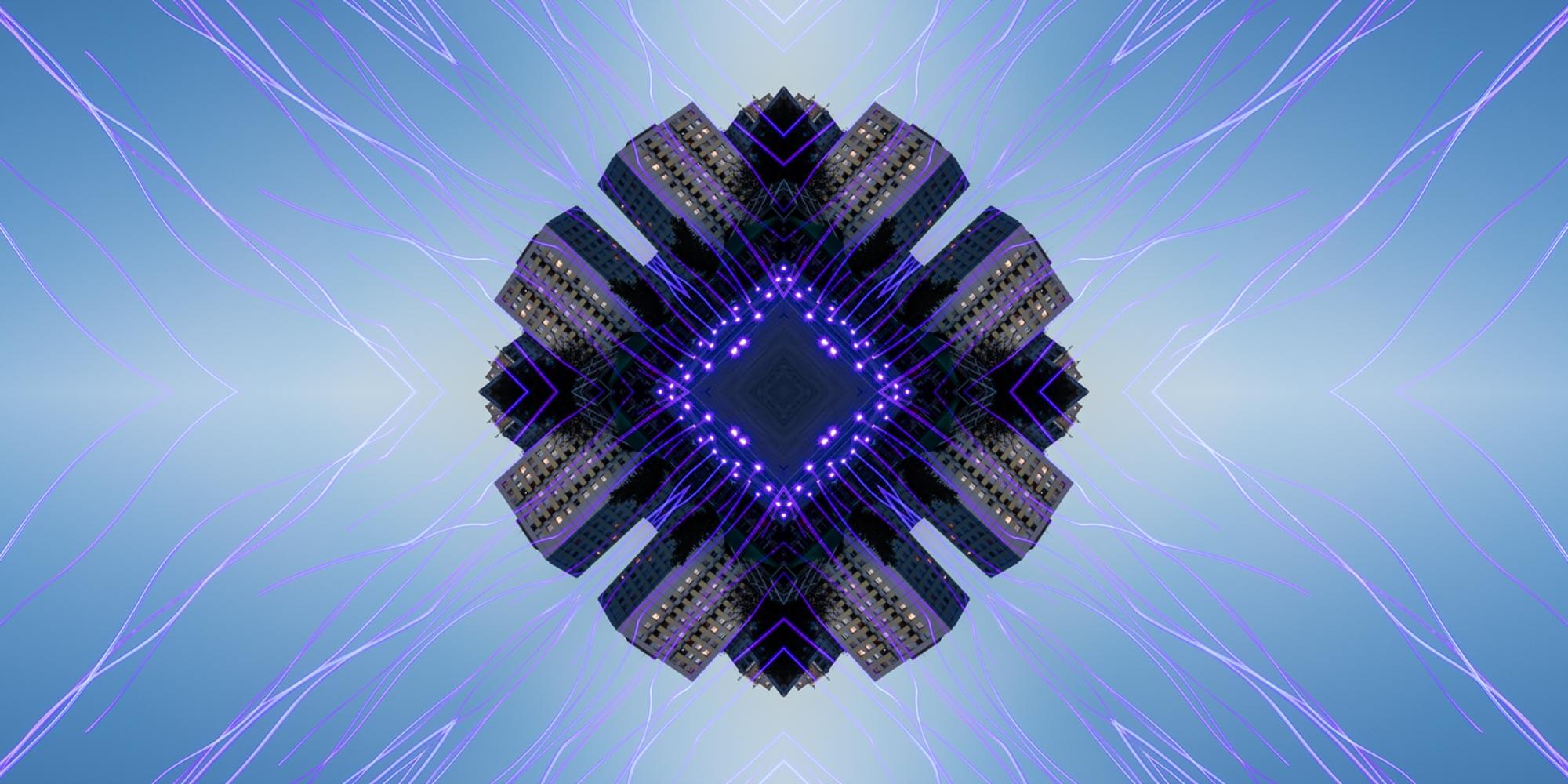
Futurelab, Alchemists of the Future, Credit: Kerstin Blätterbinder
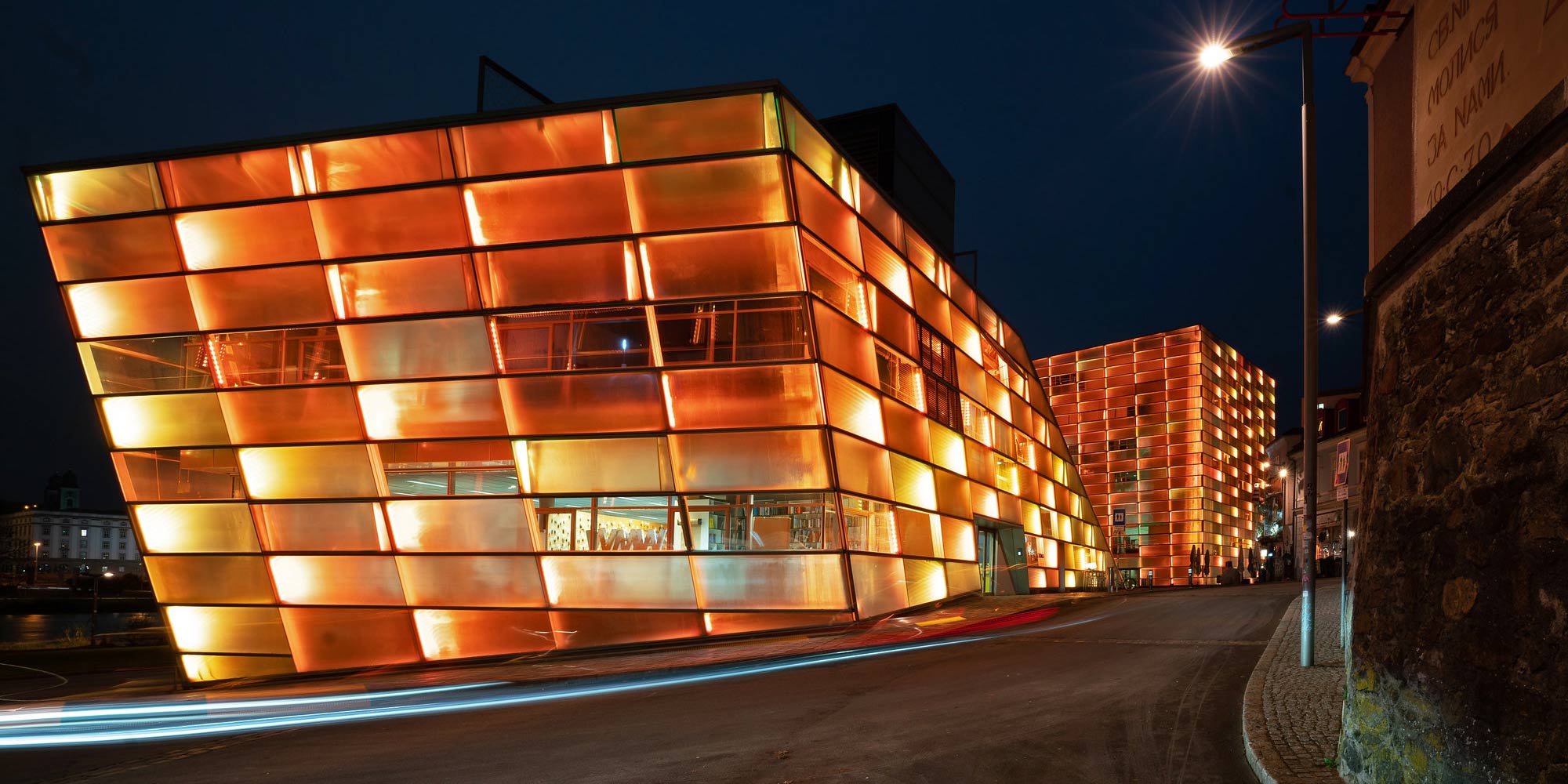
Ars Electronica Futurelab
Credit: Ars Electronica / Robert Bauernhansl
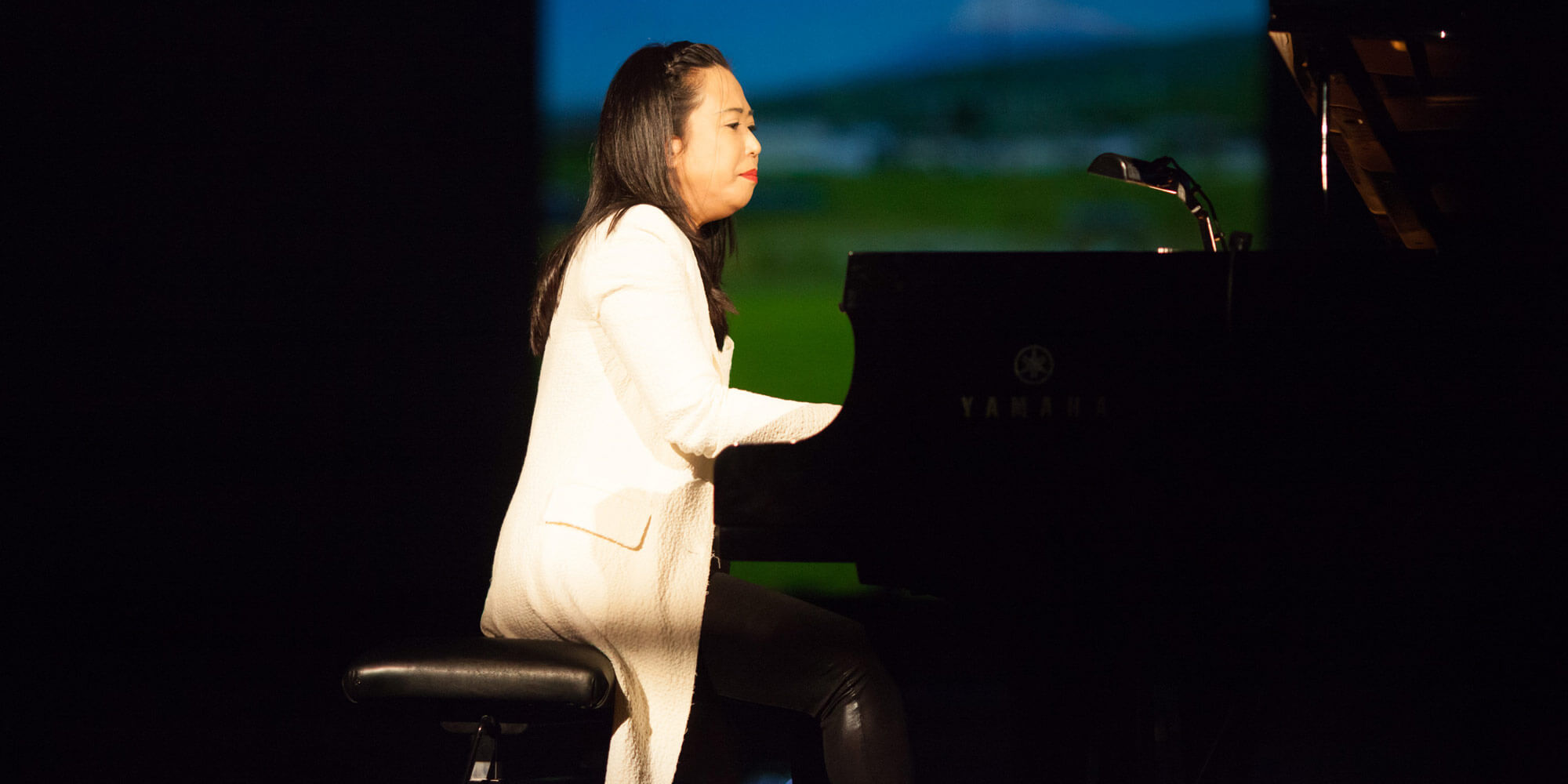
Morphologies, Maki Namekawa (JP/AT), Photo Credit: Florian Voggeneder











